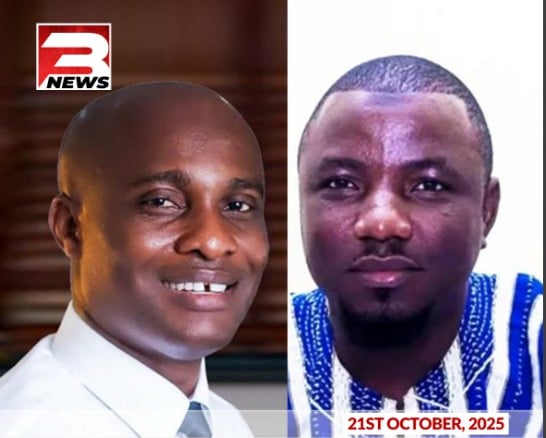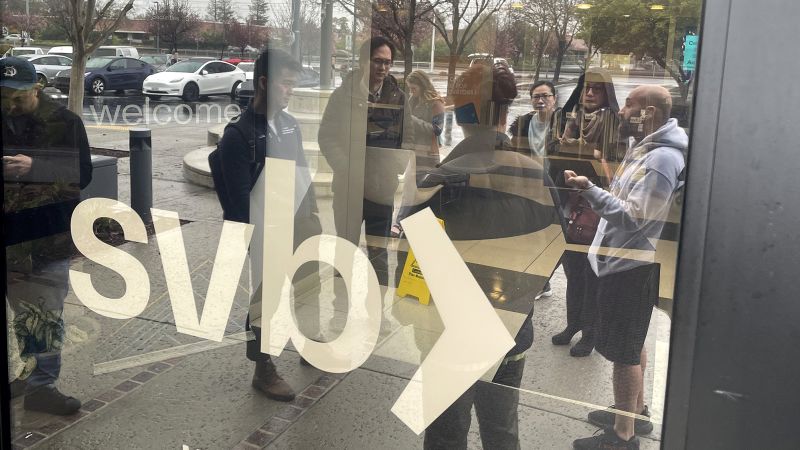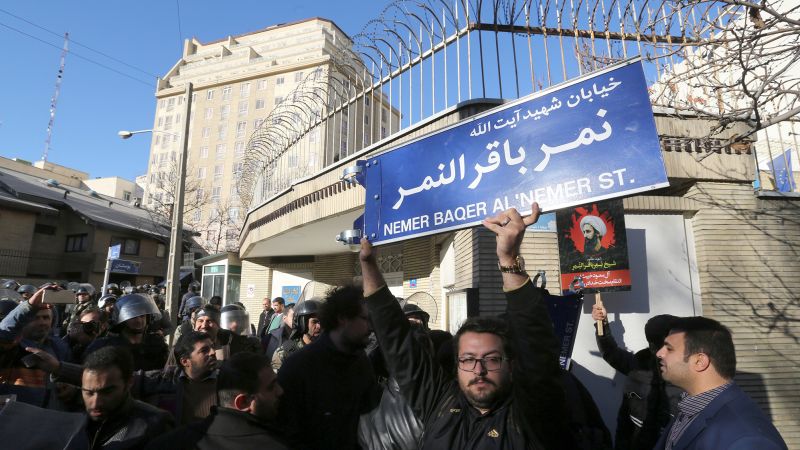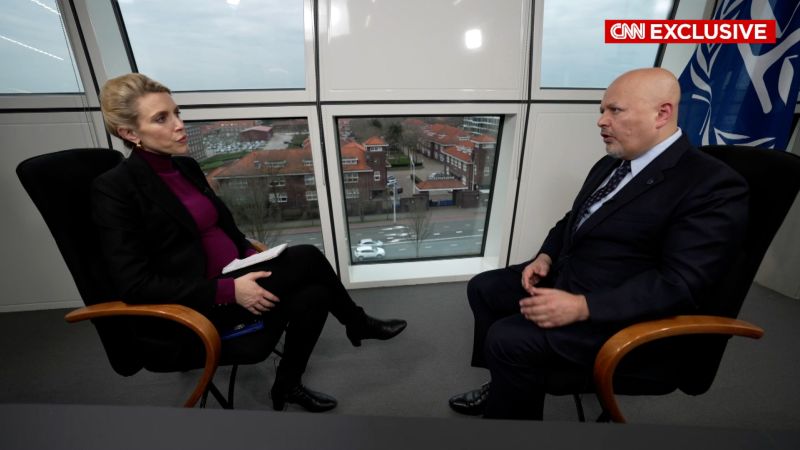Somewhere in Lower Kiamumbi in the outskirts of Nakuru, eight French college students are busy washing dishes.
They have been living in Mr Sam Kariuki’s house for the last one month and hate being ne’er-do-well guests. They want to get involved in the household chores. They have come to love chapati and mandazi. And are attempting to learn Kikuyu.
But they are not in Kenya, where they arrived on June 4, to just help with chores and learn the local language. At the Nairobi Road Primary School, a few kilometres away from Mr Kariuki’s home, a classroom that the students came to construct is now standing tall.
They came to Kenya armed with 7,500 Euros (Sh1.1 million) that they had raised from selling a variety of items to fellow students, as well as donations from some organisations in France.
Using that money, a dilapidated shed in the school has been torn down and in its place now stands a stone-walled structure that will soon be a laboratory for junior secondary students. The eight – five women and four men – are Hugo, Emma, Marceau, Sofia, Nicolas, Alizée, Juliette, and Alice. They are aged between 21 and 22 and come from a business school called Audencia located in the French city of Nantes.
Every day, they are driven to the construction site to give a hand to the technicians. They had hoped that the 7,500 Euros would be enough for the construction of the structure, but they were wrong.
“Due to inflation, we have had to buy more materials in order to finish this project,” said Nicolas.
And so, they are planning a concert in Nairobi today (Sunday) in the hope that they will raise the remaining amount to complete the construction. They aim to raise $1,000 (Sh141,000) to see the building to completion.
“Our upcoming tasks involve completing the walls, installing windows, adding a roof and applying a coat of paint,” said Emma.
The concert will take place at the All Saints’ Cathedral and will star Nicolas, a 21-year-old who has been studying the piano since he was seven. He has recently played the organ in the US, Australia and New Caledonia.
Nicolas plans to stage a recital using the organ at the cathedral from 4pm.
“The organist has also been invited to conduct a masterclass the day before the recital, during which he will teach the art of improvisation and French interpretation to Kenyan musicians,” Emma said.
In a joint interview with the Sunday Nation, Nicolas and his compatriot Emma, said they have enjoyed their stay in Kenya, where they will be based for the next two weeks.
“It’s really an exchange between the two cultures and that’s what we really like here. It’s really interesting for us to be there and to be with the kids (at the Nairobi Road Primary School) because they are very kind to us,” said Emma, noting that they teach the children subjects such as the arts, agriculture, science and ICT.
“We’re not here to tell them what we know, because we are just students,” Emma explained, “We are still learning many things, so, we are not here to teach them because we are not teachers. But we need to exchange between the two cultures and that’s what we really love here.”
Nicolas visited the All Saints’ Cathedral for the first time on Friday. The cathedral has the largest pipe organ in the region. It was recently refurbished for Sh40 million.
“I’ve played in a lot of organ concerts in France,” said Nicolas. “Because All Saints Cathedral has the biggest pipe organ in East Africa, it will be interesting to share my passion for the organ and to give this recital.”
Entry to the performance is free. The students will use the opportunity to call for donations towards the classroom construction project.
Said Emma: “It’s an idea that Nicolas had during the first two weeks, (of their stay) because we realised that we won’t be able to finish the project. ... he had a contact in the All Saints Cathedral in Nairobi and we organised “this).”
“One part of the concert will see me improvise on hymns. I will improvise three times and all the audience of the cathedral will sing. And that’s very important... It will be interesting because it will not only be me who will be playing the organ,” said Nicolas.
The group has the M-Pesa Paybill number 600100, with the account number being 0100011637765, for anyone who would wish to contribute.
Mr Kariuki, their host in Nakuru, told the Sunday Nation that he was “shocked” when the eight told him they would be visiting.
They came on the referral of a French couple that had spent about two weeks at his home.
“I run a community-based organisation that empowers elderly and widowed women. So, when the couple returned to France, they told me that there was a university that wanted to come and do a school project. Originally, they were to go to Peru, (but) they asked if I had somewhere they could implement some kind of a project,” he said.
Immediately, he remembered a conversation he had had with the head teacher of the school, who had complained that learners there had to visit another school to access a laboratory.
The class construction ticked all the boxes and the students were ready to chip in. To raise the funds, they engaged in various activities.
“We collected it from students who would buy the dishes we prepared. We would sell to fellow students during break time. Then we organised a huge reception in France with the lecturers, the administration of the school, and the students. It was a huge party with Kenyan food and other kinds of foods,” said Emma.
She added that they also applied to one organisation that supports other charities and secured some money “because our project was really interesting for them”.
Mr Kariuki, a 55-year-old expert in water filtration systems, described the students as easygoing people. He doesn’t know French but the fact that the group knows English helps.
“They are very nice guys; guys who love life. They love Kenya, they love Kenyan food. They are very friendly people. And they love people,” said Mr Kariuki.
He added that locals, pleased by these young Europeans who are constructing a facility for their children and teaching them, have been offering them food and snacks.
“The locals are responding very, very well,” he said, “There are women who come there, and when they sell food to the fundis the women sgive them food for free.”
He adds,
“They wash the dishes, we cook together, my wife helps them make mandazi and chapo, which they have come to love,” said Mr Kariuki.










 English (US)
English (US)